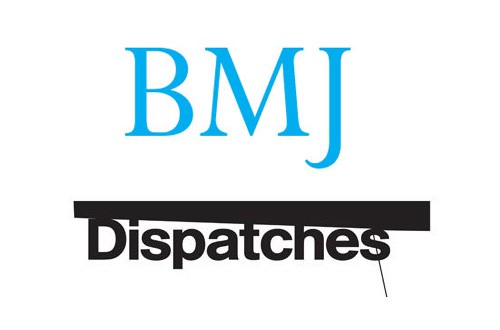
A joint investigation by the British Medical Journal (BMJ) and UK Channel 4’s ‘Dispatches’ programme has found unpublished data linking glucagon-like peptide-1 (GLP-1) agonists and cancer in a development that will add to the already-controversial debate on transparency in the pharma industry.
The investigators say they have found “growing safety concerns” with GLP-1 agonists, a class which includes Bristol-Myers Squibb’s Byetta/Bydureon (exenatide) and Victoza (liraglutide) from Novo Nordisk and is also being tested as a treatment for obesity.
The BMJ, which has been campaigning for improved access to data from clinical trials, also claims that requests for access to raw data that would have helped resolve uncertainty about the toxicity issue have been denied.
Along with the GLP-1 agonists, the finger is also pointing at other drugs which affect incretin, a hormone that stimulates the release of insulin after a meal, namely DPP-4 inhibitors such as Januvia (sitagliptin) from Merck & Co and Onglyza (saxagliptin) from BMS/AstraZeneca.
“Concerns held by some specialists about the potential side effects of GLP-1 drugs have emerged into the mainstream after both the FDA and the European Medicines Agency announced in March that they would launch a review into whether the drugs may cause or contribute to the development of pancreatic cancer,” says the BMJ in a feature article published today.
The FDA and EMA are concerned about evidence that links the drugs to changes in the pancreas, which could lead to pancreatic cancer, and the journal suggests the agencies will both meet later this month to discuss the issue.
At the moment the regulators’ position is that there is no evidence of a causal link, but the BMJ cites additional data from regulatory documents obtained under Freedom of Information access that also point to “unwanted proliferative or inflammatory pancreatic effects” with the drugs.
The journal also notes that animal data linking Januvia to pancreatitis and precancerous changes emerged as early as 2008 on the back of research carried out in the lab of Dr Peter Butler, chief of the division of endocrinology at the University of California, Los Angeles, although it adds the evidence is “fiercely contested” by other scientists and pharma manufacturers.
That has led some critics to say the drug regulators in Europe and the US have been slow to pursue concerns about the potential adverse effects of these new diabetes drugs, while “some medical experts and patient groups are calling on the pharmaceutical companies to be more transparent in reporting of study data and to enter into dialogue about safety concerns,” according to the BMJ.
Merck is already facing lawsuits from patients claiming to have developed cancer as a result of taking sitagliptin, while BMS is defending itself against similar actions claiming injury from pancreatitis caused by exenatide, and the new publication will likely provide litigants with additional ammunition.
BMJ editor in chief Fiona Godlee writes in an editorial that “instead of engaging in open debate about legitimate and important scientific questions, the manufacturers have been unwilling to share their data [and] patients and doctors have not been kept properly informed about the uncertainties surrounding these drugs.”
“The debate would be much easier to resolve if all the information was placed in the public domain so scientists, doctors and ultimately patients could make up their own minds,” she adds.
The ‘Dispatches’ programme on the topic is due to be aired on Channel 4 at 8pm UK time today.




